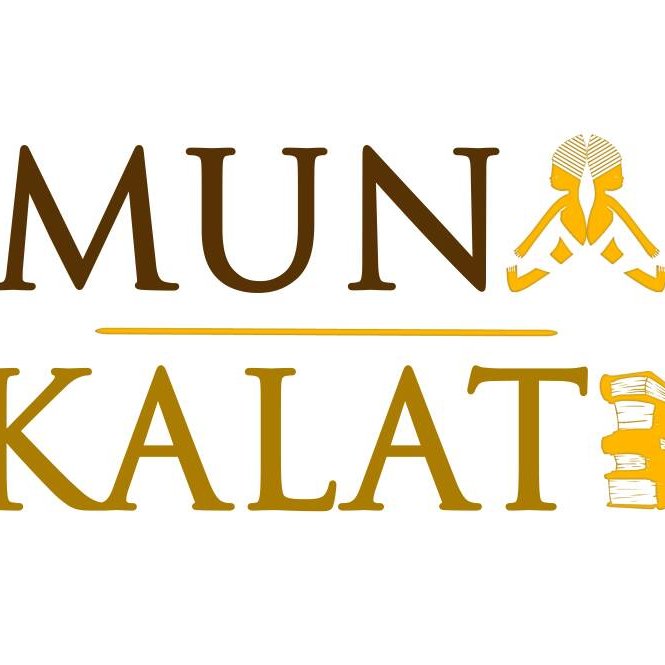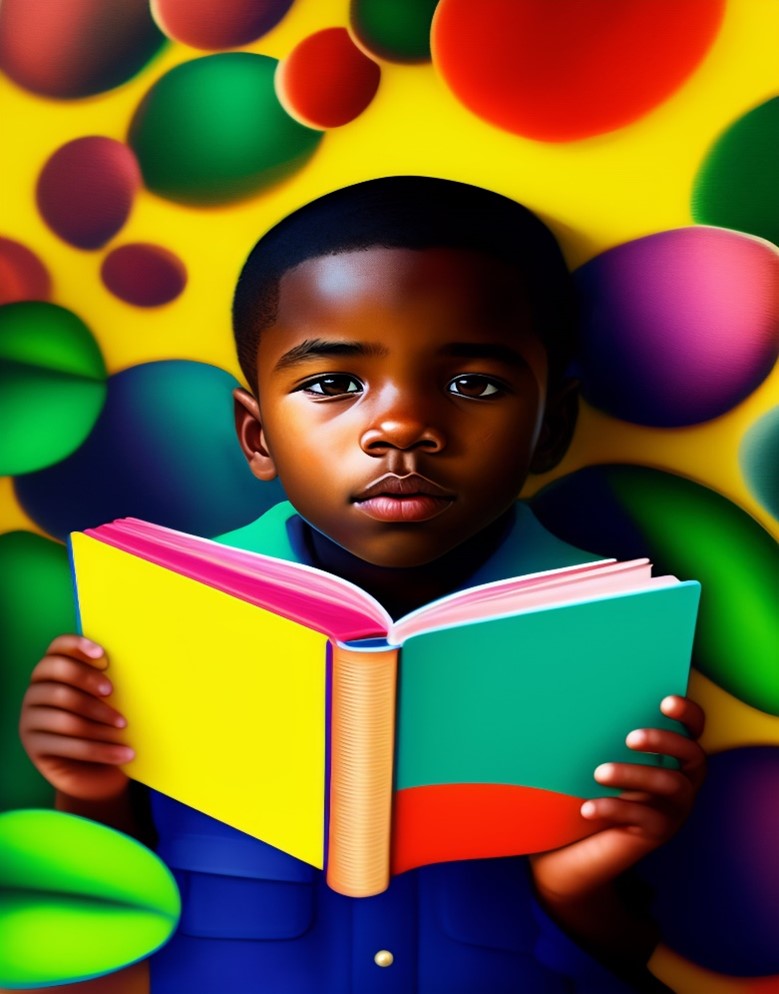Every year on April 2nd, we celebrate International Children’s Book Day, a day dedicated to promoting children’s literature and reading, and to encouraging children all over the world to discover the wonderful world of books. International Children’s Book Day is an excellent opportunity to promote African children’s books and to highlight the continent’s diverse and vibrant literary traditions.
African children’s books are extremely important in promoting literacy, education, and cultural exchange among African children and beyond. Reading African children’s books helps children develop an appreciation for their own cultures and learn about the continent’s diverse cultural traditions. Furthermore, because they see themselves and their cultures represented in the books they read, African children’s books can help to promote a sense of self-worth and self-esteem among African children.

Let us now look at some fascinating facts about African children’s books:
- African children’s books are often bilingual, containing both English and local African languages, promoting literacy and cultural exchange. Many African children’s books are available in multiple languages, including Akan, Swahili, Hausa, Zulu, and Yoruba.
- Many African children’s books are based on traditional folktales and myths, drawing on the continent’s rich storytelling traditions. These stories frequently include a moral lesson or a cultural reference, making them both entertaining and educational.
- African children’s books commonly address social issues such as poverty, disease, and conflict, which helps to raise awareness and understanding among young readers.
- A lot of African children’s books feature strong female protagonists, which promotes gender equality and encourages young girls to follow their dreams.
- African children’s books are frequently colorful and visually appealing, with many featuring artful illustrations that capture the essence of African culture.
On International Children’s Book Day, let us recognize the significance of African children’s books and encourage children to explore the continent’s rich literary traditions. We recommend the following African children’s books:
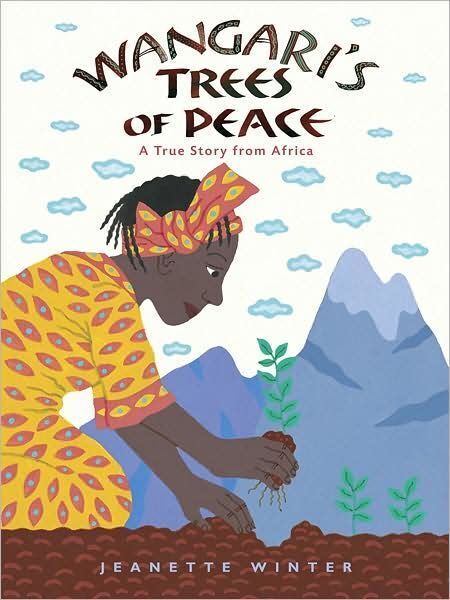
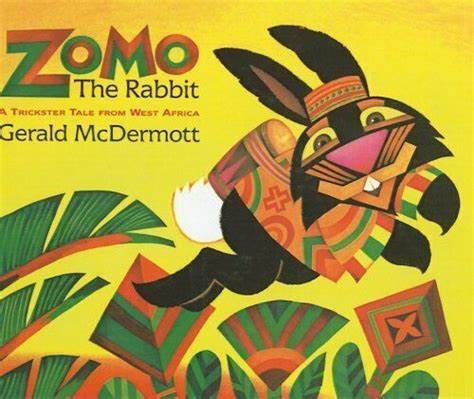
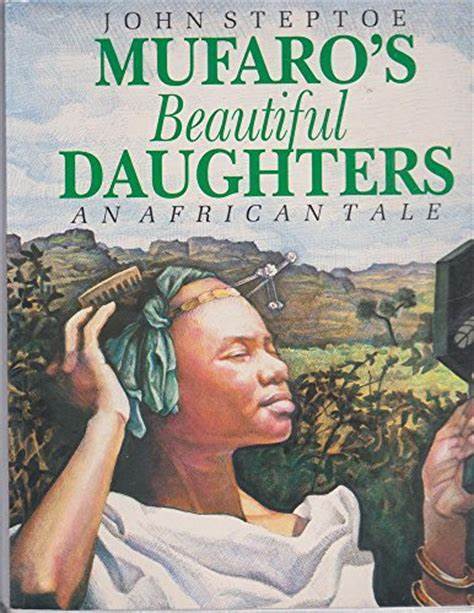

visually striking and captures the essence of African culture through its unique and intricate illustrations.


